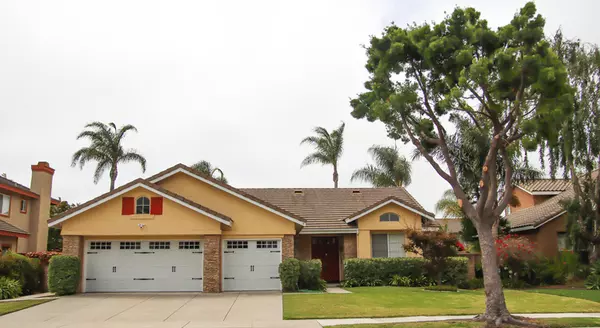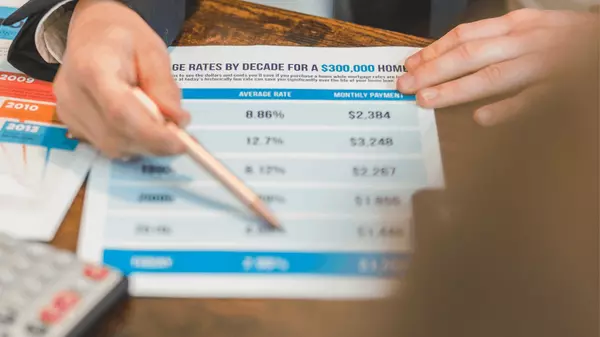

Mortgage Rates Just Dropped - Great News for Davenport FL Homes for Sale
You’ve been waiting for what feels like forever for mortgage rates to finally budge. And last week, they did – in a big way.On Friday, September 5th, the average 30-year fixed mortgage rate fell to the lowest level since October 2024. It was the biggest one-day decline in over a year.What Sparked th
Read More

Think Like a Buyer: Why Not Every Little Fix Matters When Selling Your Davenport Home
Think Like a Buyer: Why Not Every Little Fix Matters When Selling Your Davenport Home When you're getting ready to sell your Davenport home, it's natural to look around and see every little thing you've "always meant to fix." The crack in your concrete driveway from Florida's clay soil shifts. The
Read More

What Buyers Say They Need Most (And How the Market’s Responding)
A recent survey from Bank of America asked would-be homebuyers what would help them feel better about making a move, and it’s no surprise the answers have a clear theme. They want affordability to improve, specifically prices and rates (see below):Here’s the good news. While the broader economy may
Read More
Categories
Recent Posts










